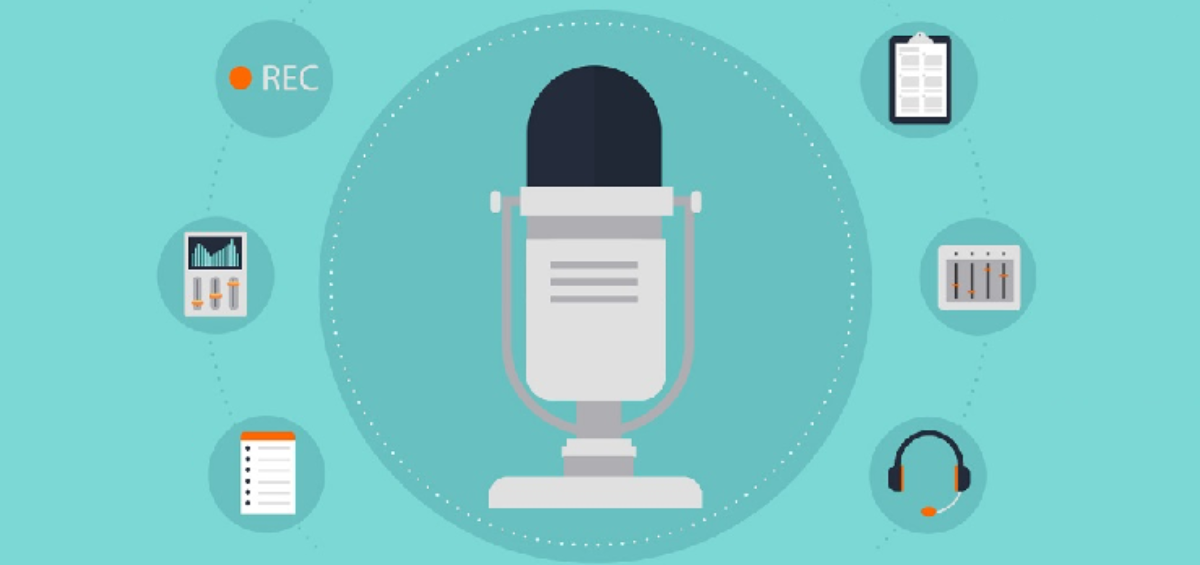See How Infographic Marketing Can Skyrocket Your SEO Today
Serial. Missing Richard Simmons. Lore. Podcasts are growing in popularity, providing entertainment and information for millions of people. Their topics range from real crime dramas to video game walkthroughs. With the wide range of audiences for podcasts, anyone can start one and join the vast network. But as with many writers who want to write a book and many entrepreneurs who want to start a business, the main question remains: Where do I start?
Making a podcast begins with one, simple, important point: your topic. You will want to choose something general enough to attract an audience yet narrow enough to focus your discussions. For example, if you’re interested in crime, maybe you’ll want to concentrate on unsolved crimes or serial killers. Consider the genre of your podcast and then the topic. This will come in handy later when you are categorizing it before publishing.
Next, you’ll want to decide on a format. Will you be working alone? Will you have a partner who shares the mic? Or maybe you will conduct interviews each episode. Going with our unsolved crime podcast hypothetical, perhaps you want to narrate a story for the first half of your episode and then interview someone connected with the case for the second half. Be sure to stick with your format most of the time, as your listeners will come to expect this format when they download future episodes. If you decide to change your format halfway through the season, make sure and alert your audience.
Now comes the actual monetary investment in your podcast project. You’ll want to make sure you have the right equipment for the job. This includes microphones, microphone screens, recording software, editing software and any other devices you may need for your episodes. If you want to have an opening and/or closing song or jingle, then have it pre-recorded on your computer. Editing is one of the most important aspects of producing a polished, professional podcast, so be prepared to spend a pretty penny on software.
Finally, you’ll be ready to publish. But it’s not as simple as uploading your episodes to YouTube. You’ll need a platform. You’ll need to contact a hosting service first and purchase bandwidth. Then that platform will help you upload your episodes to places like Stitcher, SoundCloud or iTunes. Podcasters should also create a website for their podcast, where listeners can stay up to date on info, discussions and releases. Once you’ve done all that, you’re ready to develop a real following.
Click image to see a larger version.








Leave a Comment